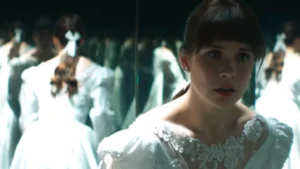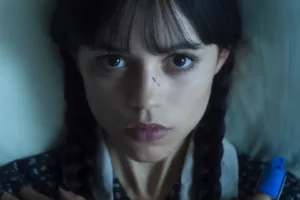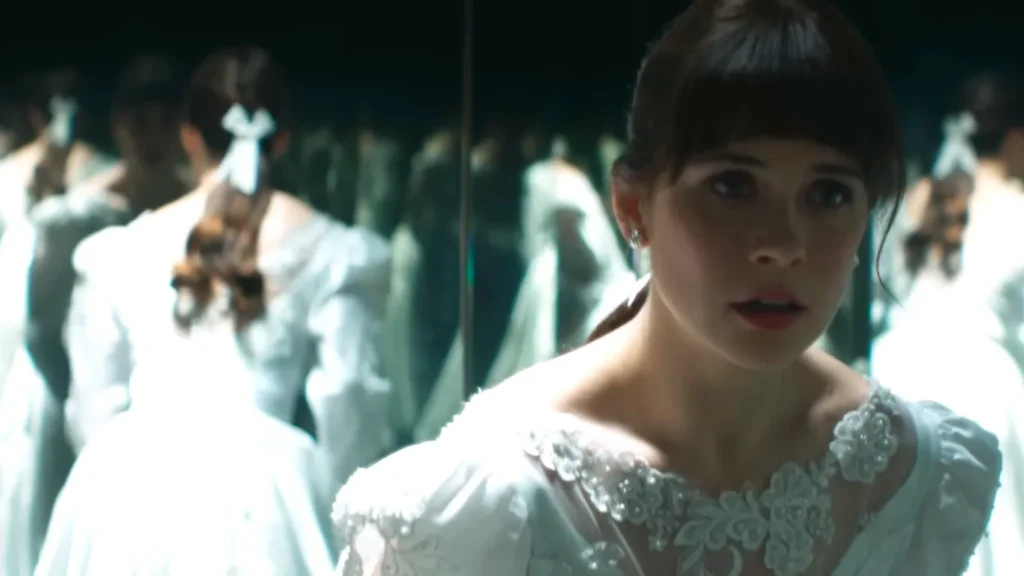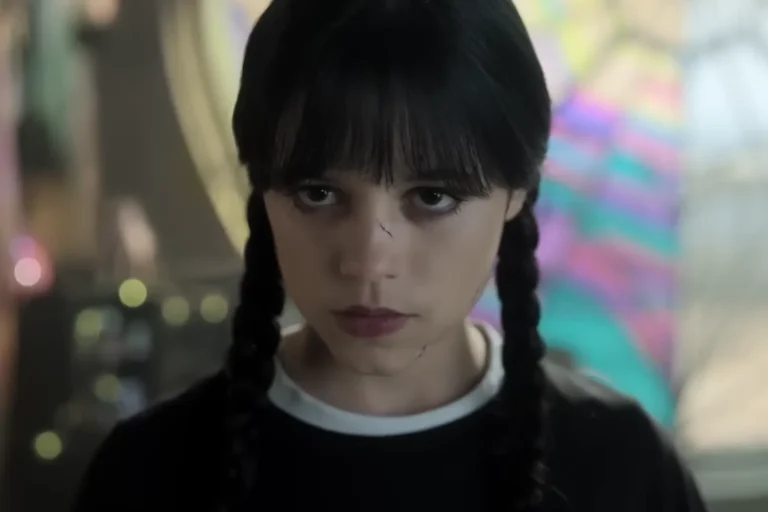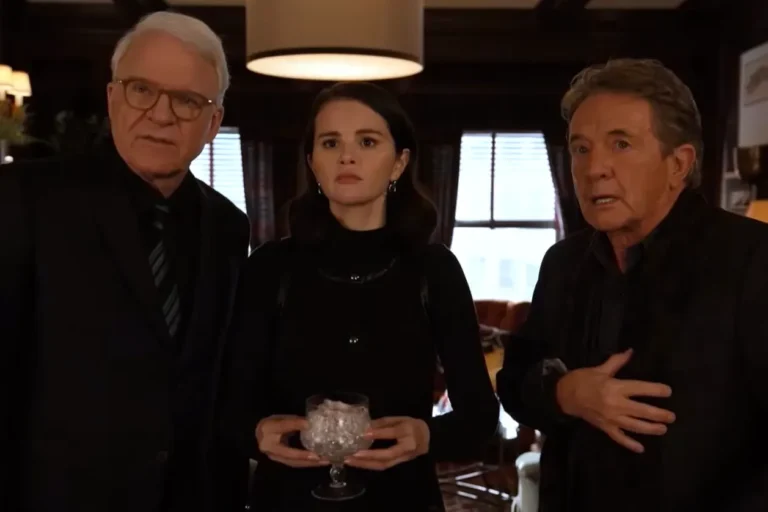For years, Dexter Morgan’s internal monologue has been our private window into the mind of a killer. But in the final moments of Dexter: Resurrection’s first season, he did something unprecedented: he looked directly through the camera and acknowledged us. This wasn’t just a stylistic choice; it was a seismic shift that challenges everything we thought we knew about the Bay Harbor Butcher and our own role as his audience.
The line “I’m Dexter Morgan. I’m exactly who I need to be. Exactly who you want me to be.” lands like a gut punch. It’s a confession, a surrender, and an accusation all rolled into one. Let’s break down what this truly means.
What does Dexter’s fourth-wall break mean?
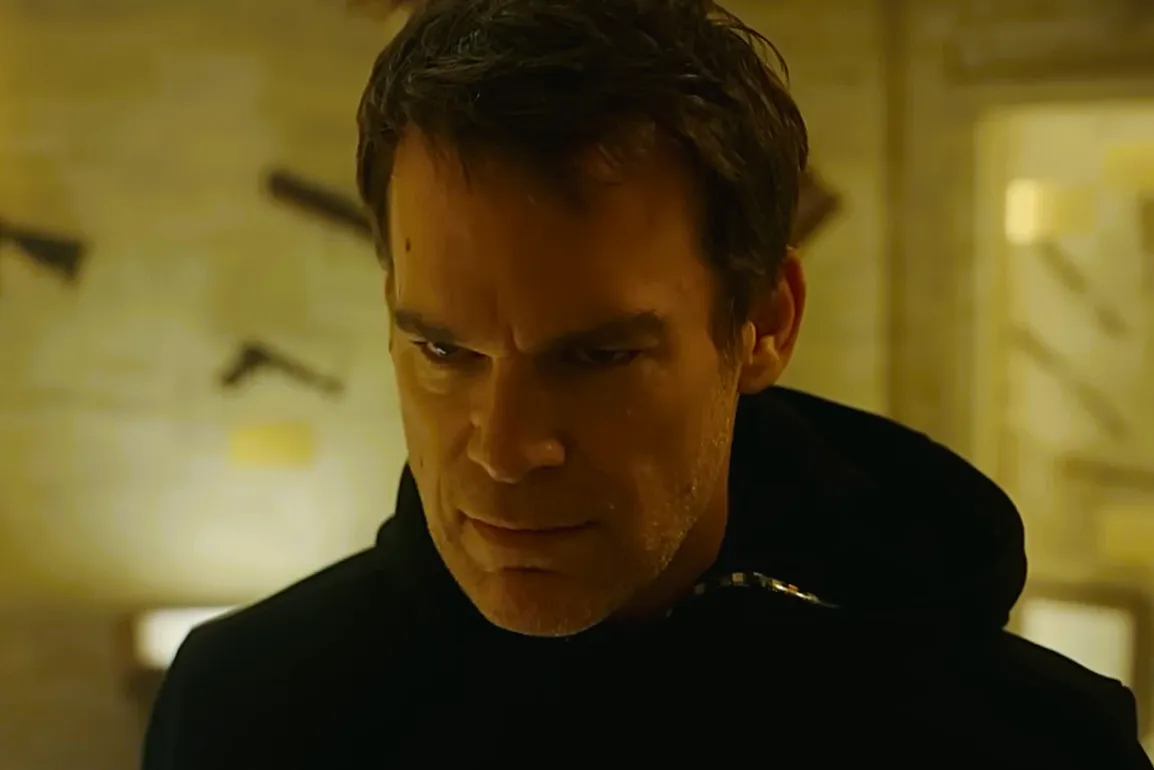
This moment shatters the established rules of the show. For eight original seasons and New Blood, Dexter’s narration was a one-way street a private confession we were privy to. By turning to the camera, he collapses that distance. He’s not just talking to himself; he’s talking to you.
This transforms the relationship entirely. It suggests a terrifying possibility: that we, the audience, are his Dark Passenger. Our voyeuristic fascination, our cheers for his kills, our investment in his survival it’s all fuel for his ritual. He’s been performing for us this whole time, and now he’s finally admitting it. This single glance makes him an potentially unreliable narrator, forcing us to question if his entire code of “justice” is just a elaborate story he tells to keep us on his side.
READ MORE: What Happens In The Dexter: Resurrection Finale?
How does this moment critique true crime?
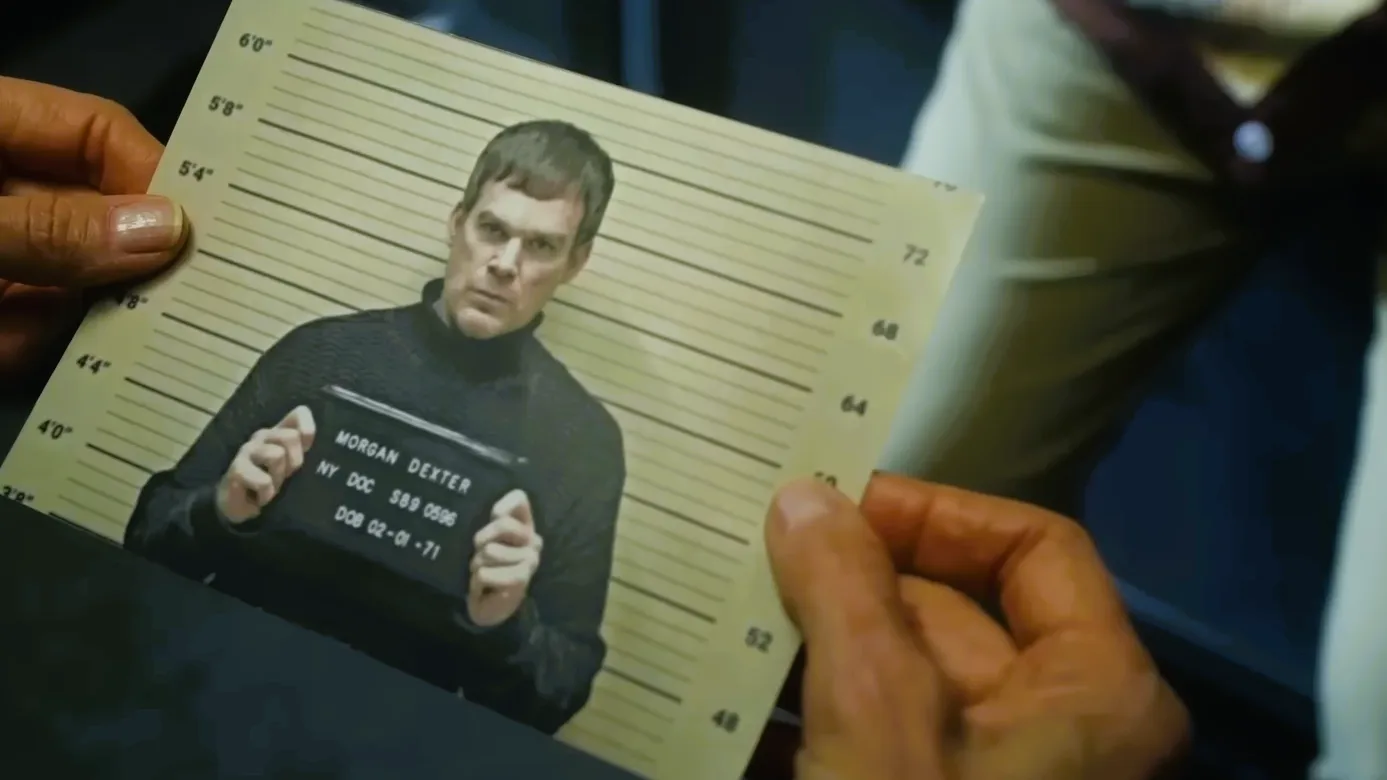
Resurrection’s entire season is a sharp critique of our modern true-crime obsession, embodied by the smarmy podcaster and Dexter superfan, Leon Prater. The show paints Leon as a grotesque a man who gets off on the suffering of others, treating real murderers as celebrities.
Dexter’s final line implicates us in that same system. He is our fictionalized serial killer, our hero. We want him to be the charming vigilante who takes out the trash, not the messy, selfish monster who got his wife killed and murdered his own sister’s friend. By saying he’s “exactly who you want me to be,” showrunner Clyde Phillips is holding up a mirror. He’s asking: is our fascination with Dexter really that different from Leon Prater’s fascination with John Wayne Gacy? We’re all consuming the same story, just through a different lens.
READ MORE: What Really Happened At The End Of The Girlfriend?
Is Dexter: Resurrection a response to New Blood’s ending?
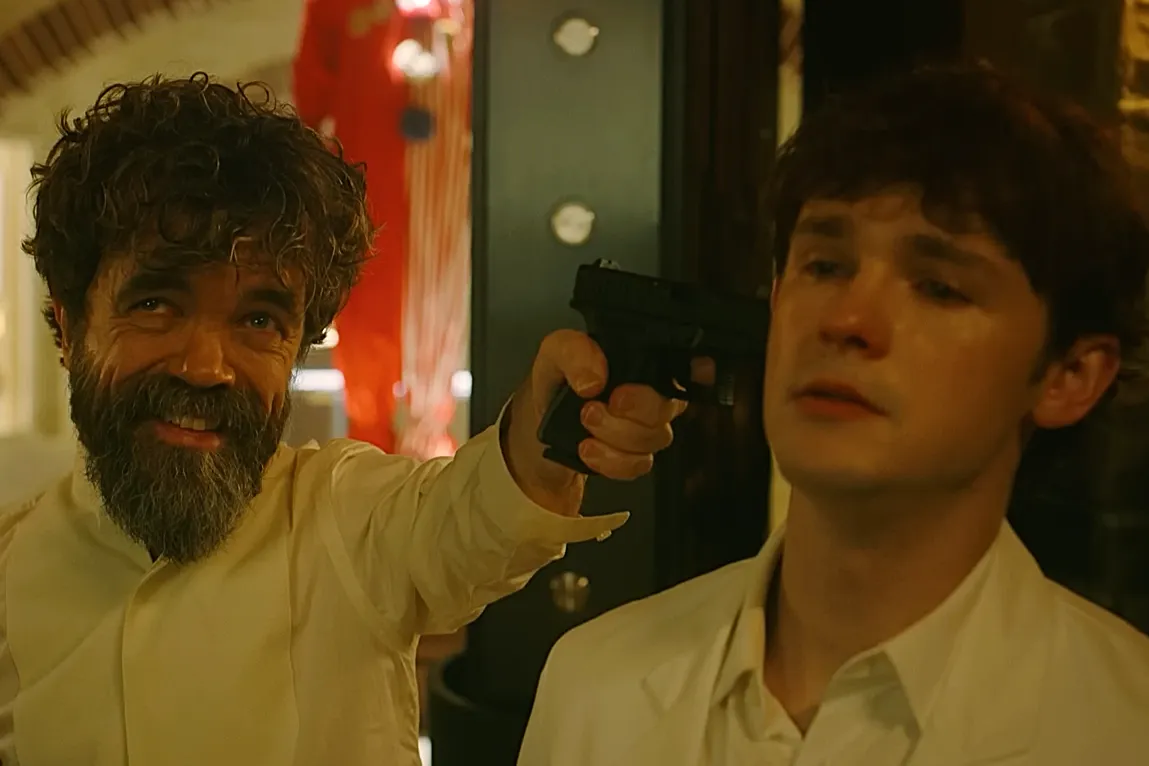
Absolutely. New Blood’s finale tried to show us the real Dexter: a villain who had abandoned his code, killed an innocent man (Sgt. Logan), and manipulated his own son into killing him. The audience largely rejected that version.
Dexter’s final line in Resurrection feels like a direct response to that rejection. It’s as if Phillips is saying, “You didn’t like the real, ugly Dexter? Fine. Here’s the hero you’re comfortable with again.” It’s a surrender to audience desire, even if it means smoothing over the character’s inherent darkness. He’s giving us what we want, but with a heavy dose of side-eye.
READ MORE: ‘The Conjuring: Last Rites’ Director Explains the Post-Credits Scene
Innocent Victims of Dexter Morgan
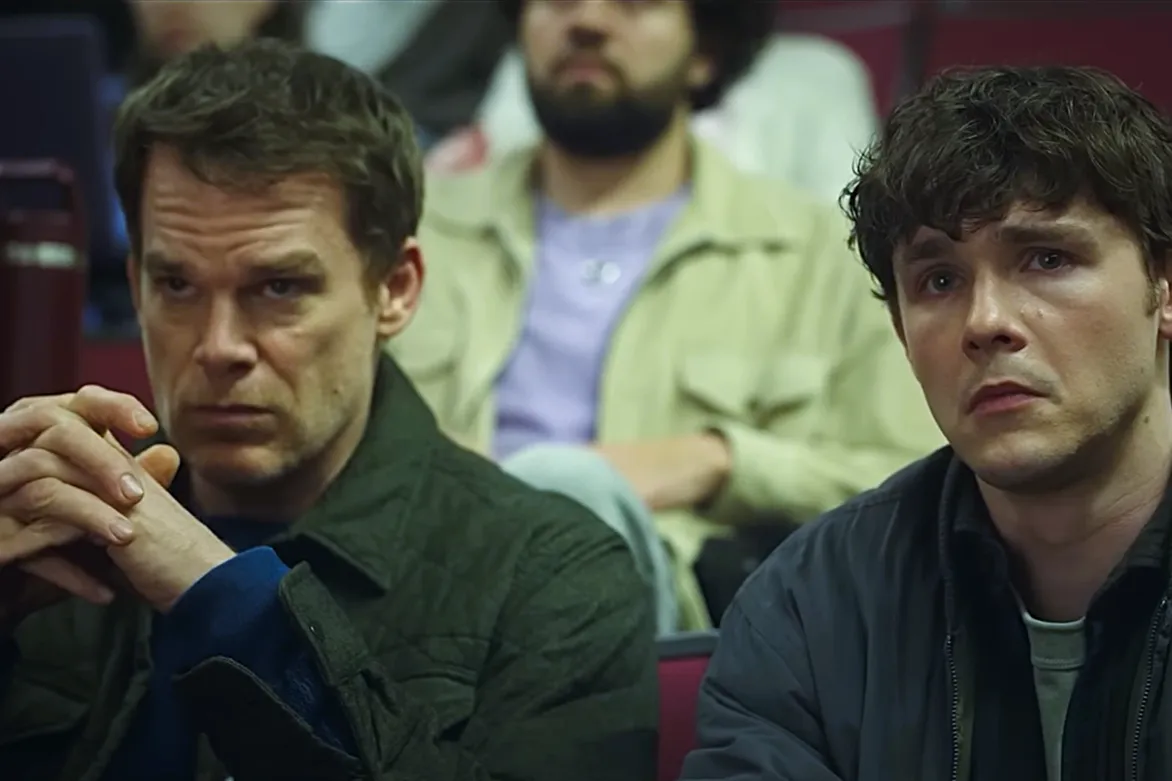
The finale forces us to remember that despite his code, Dexter’s path is littered with collateral damage.
| Name | Series | Context of Death |
|---|---|---|
| James Doakes | Dexter S2 | Framed by Dexter; killed by Lila. |
| Rita Morgan | Dexter S4 | Murdered by Trinity as revenge against Dexter. |
| Debra Morgan | Dexter S8 | Taken off life support by Dexter after being brain dead. |
| Sgt. Logan | New Blood | Murdered by Dexter to escape prison. |
| Angel Batista | Resurrection S1 | Killed by Dexter to protect his secret. |
Dexter’s fourth-wall break isn’t just a cool TV moment. It’s a profound meta-commentary on the entire series and our consumption of it. We’ve spent over a decade rooting for a serial killer, justifying his actions because his victims are “bad.” This finale finally calls us out on that.
It dares to ask: are we the good guys for cheering him on? Or are we, like Leon Prater, just complicit spectators in a never-ending cycle of violence, preferring a comfortable fantasy to a complicated truth? Dexter isn’t just a character anymore; he’s a reflection of our own dark curiosities. And he knows it.
Stay updated with the Latest News and Stories, follow us on our social media platforms.
You can follow us on:
Stay Connected!! Join our Whatsapp Channel


